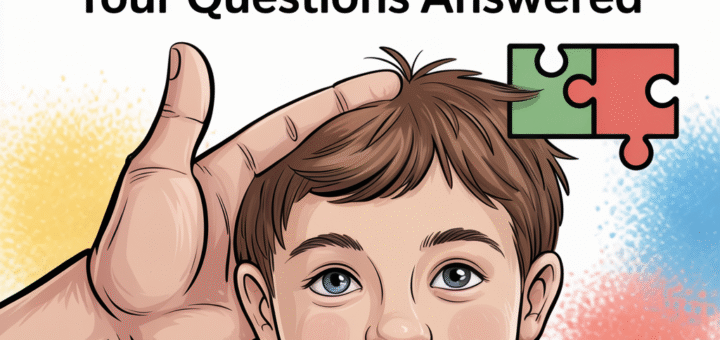10 Best Christmas Gifts for Autistic Toddlers on Amazon (2025 Guide)
⚡ TL;DR: Quick Gift Guide 🎯 Best Overall Scientoy 35-Piece Fidget Set offers maximum variety for different sensory needs at just $16.95 💰 Best Budget Pick Pop Tubes 8-Pack at $9.97 delivers satisfying sensory...







